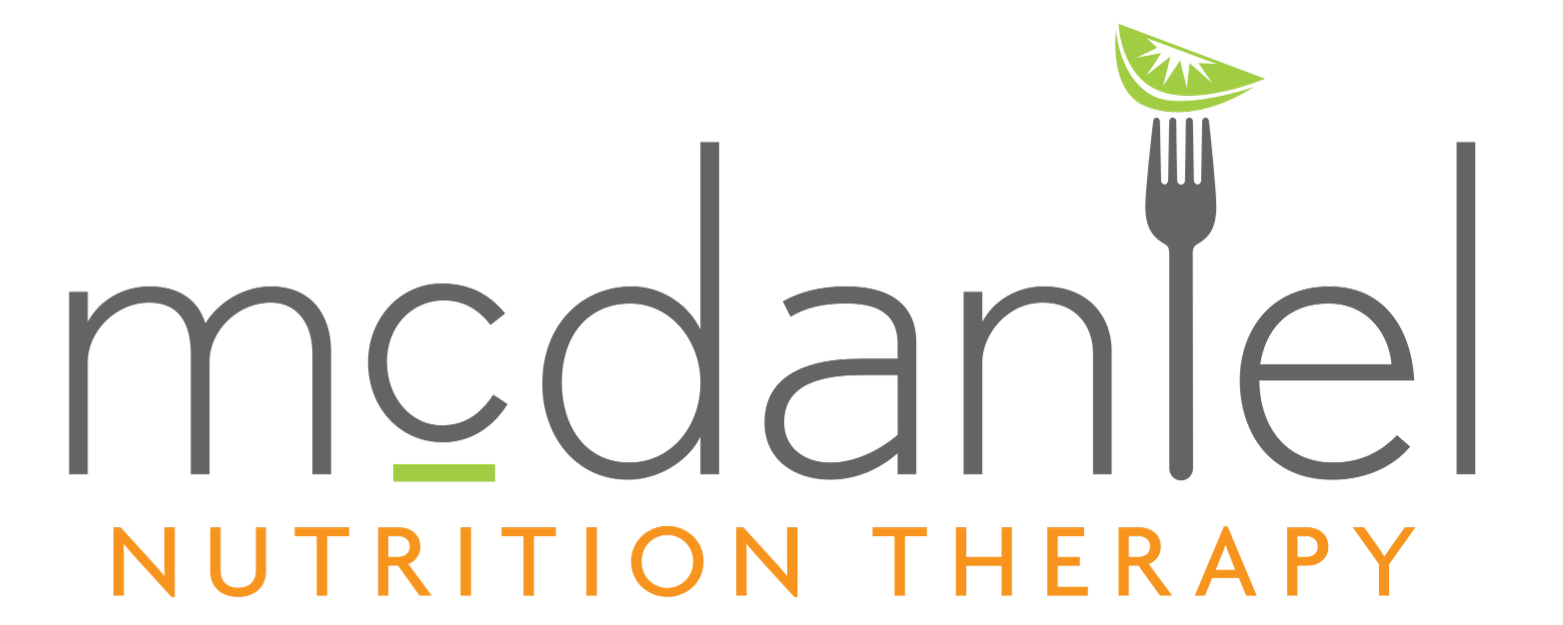I recently became aware the term “cruel optimism” in a book called: “Stolen Focus” by Johann Hari. Stolen Focus is a book about “Why You Can’t Pay Attention and How to Think Deeply Again.” I love these kinds of books. Although, reader beware, you won’t finish this book feeling tons of optimism…
What is Cruel Optimism?
Here’s a quote from the book:
“Cruel optimism is when you take a really big problem with deep causes in our culture – like depression, obesity or addiction and you offer, in an upbeat language, a simplistic, individual solution.
It sounds optimistic because you’re telling them a problem can be solved soon. But it is in fact, cruel, because the solution you’re offering is so limited and blind to the deeper causes, so for most people, it will fail.”
Examples of Cruel Optimism
Let me provide some examples of cruel optimism that might resonate.
- You’re undergoing an immense amount of stress at work, and someone tells you to: “Meditate. It will make it all better!” Problem solved.
- In the middle of a divorce, you’re using food to cope, and someone tells you to “Just stock your house with healthy foods.” Easy peasy!
- Your child is eating limited amounts of foods, and you’re worried about her growth and development. The advice: “Don’t worry, it’s normal, she’ll grow out of it.” But, that person isn’t watching her struggle 3 times/meals a day.
No one offers cruel optimism to be cruel. I would imagine most people are trying to be helpful.
The Shame of Cruel Optimism
I recently had a client who was diagnosed with pre-diabetes. She was going through a difficult divorce. Work was pressuring her to meet unrealistic deadlines. And, in review of her child history, she shared her mother verbally abused her calling her “fat” and “frumpy.”
I listened to her as she sat on my office couch and berated herself for her poor dietary choices. She blamed her diagnosis on her lack of exercise. And she was highly restricting her diet as means of control – but also, punishment.
The younger, less wise version of me might have dived in with ways to build a healthy diet and offer simple strategies for exercise.
But, I paused. Now was the time to discuss how much individual control did she really have? Was she responsible for her work culture demanding unrealistic productivity goals? Dis she cause her mother’s hurtful words and actions? She didn’t choose the ultra processed snack foods surrounded her in the work break room.
I am not arguing here for NOT accepting individual responsibility for our choices. But I am offering the chance for curiosity and compassion. Of course, she was reaching for things that offered her comfort. And she didn’t have time for exercise with her work demands. No one wants diabetes – so many of her challenges were being imposed on her. She was doing her best with what she had.
If I had stepped in with some cruel optimistic suggestions, she might have found short-term success. But unrealistic, over-simplistic advice eventually fails when deeper rooted issues go unaddressed. She would blame herself for not being consistent enough, good enough, and short on willpower.
The Diet Industry: An Ideal Example of Cruel Optimism
The diet industry is a perfect example of cruel optimism offering quick fixes. It teaches us to blame ourselves for choosing the wrong food, eating at the wrong time or doing the wrong type of exercise for your hormones. When in fact, the rise in obesity is a multi-factorial, complicated matter related to changes in our environment, food systems, stress, economics and more.
Checking Ourselves {Myself} as Health Professionals
I aim to help clients remove any self-blame related to their health. Can they see the major problems in our environmental systems that contribute to the challenges? Next, work together to co-create realistic and do-able individual steps that feel empowering.
When I offer advice, I must consider my privileges. As her dietitian, I am an able-bodied, educated-white woman who has not struggled with her exact challenges. I strive to lean in, listen, and initiate conversations to gain understanding. The more my client is felt, seen and heard, the safer the space to trust in our work together.
Am I being realistic with my suggestions? My client told me another health professional recommended an $69 protein powder because of the pre and probiotics to help control her blood sugar. Yet, she’s trying to currently stay afloat to pay her divorce lawyer. I love the product that was recommended, but it felt like another failure for her. She couldn’t afford something someone had told her was key to health.
Balancing the Ownership
The purpose of this post is not to excuse ourselves and only blame the environment. We still have ownership of choice. I often learn, write, and speak about areas where I desire to grow. Understanding the concept of cruel optimism offered me the chance to slow down and consider what and how I advise.
One of our core values at McDaniel Nutrition is compassion. You can trust that if you work with any of our dietitians on our team that we will appreciate the challenges that you face, and we will never pretend to have the all the answers. We do promise, however, is to be fully present and available to you. Our team will honor your past, present and future goals. We will come beside you, not at you. You are the wisest of you.

